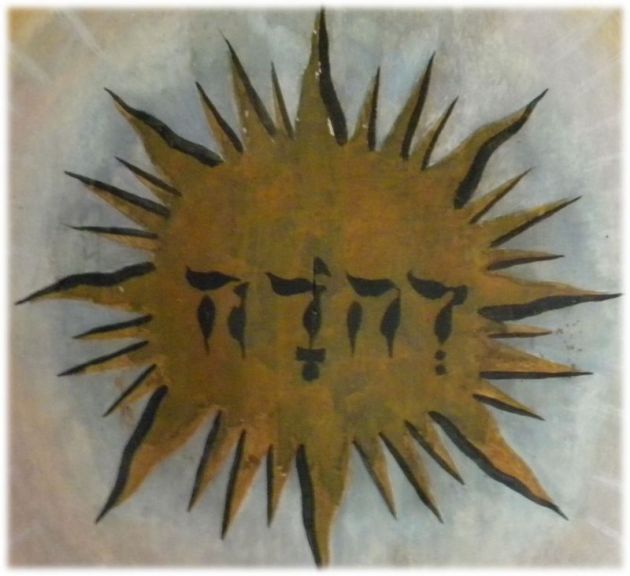Highly educated Americans less likely to believe in God of the Bible: Pew survey

Two-thirds of U.S. adults with a high school education or less say they believe in God as described in the Bible, but far fewer (53 percent) adults who have obtained some college education say they have the same belief, a new Pew Research Center survey shows.
And among college graduates, fewer than half (45 percent) say they believe in the biblical God.
The data also show that, compared with those with lower levels of educational attainment, college graduates are less likely to believe that God (or another higher power in the universe) is active and involved in the world and in their personal lives.
For instance, while roughly half of college graduates (54 percent) say they have been rewarded by God, two-thirds of those with some college education (68 percent) and three-quarters of those with a high school education or less (75 percent) say this.
And just one-third of college graduates say God determines all or most of what happens in their lives, far below the share who say this among those with less education.
The Pew survey of more than 4,700 U.S. adults finds that one-third of Americans say they do not believe in the God of the Bible, but that they do believe there is some other higher power or spiritual force in the universe.
A slim majority of Americans (56 percent) say they believe in God "as described in the Bible."
And one-in-ten do not believe in any higher power or spiritual force.
Virtually all U.S. Christians say they believe in God or a higher power of some kind.
FAITH IN GOD
Among evangelical Protestants, 91 percent put their faith in God "as described in the Bible," as do 92 percent of those in the historically black Protestant tradition.
Most Catholics and mainline Protestants also believe in the God of the Bible, though sizable minorities within these groups say they believe in some other higher power or spiritual force.
Like Christians, most Jews believe in a deity. But compared with Christians, Jews are much more likely to say they believe in a higher power other than the biblical God (56 percent), and much less likely to say they believe in God as described in the Bible (33 percent).
And one-in-ten Jews say they do not believe in God or a higher power of any kind.
The survey shows that a complete lack of belief is relatively uncommon even among religious "nones."
Seven-in-ten religious "nones" say they believe in God or a higher power of some kind, including 17 percent who believe in the biblical God and 53 percent who believe in a different higher power or spiritual force.
Self-described atheists are the only group surveyed in which a majority (81 percent) rejects belief in a higher power altogether, and even among atheists, roughly one-in-five (18 percent) say they believe in some spiritual force.
Belief in God as described in the Bible is more common among women than men (61 percent vs. 50 percent), among older people than among younger adults, and among Republicans and those who lean toward the GOP than among Democrats (70 percent vs. 45 percent).